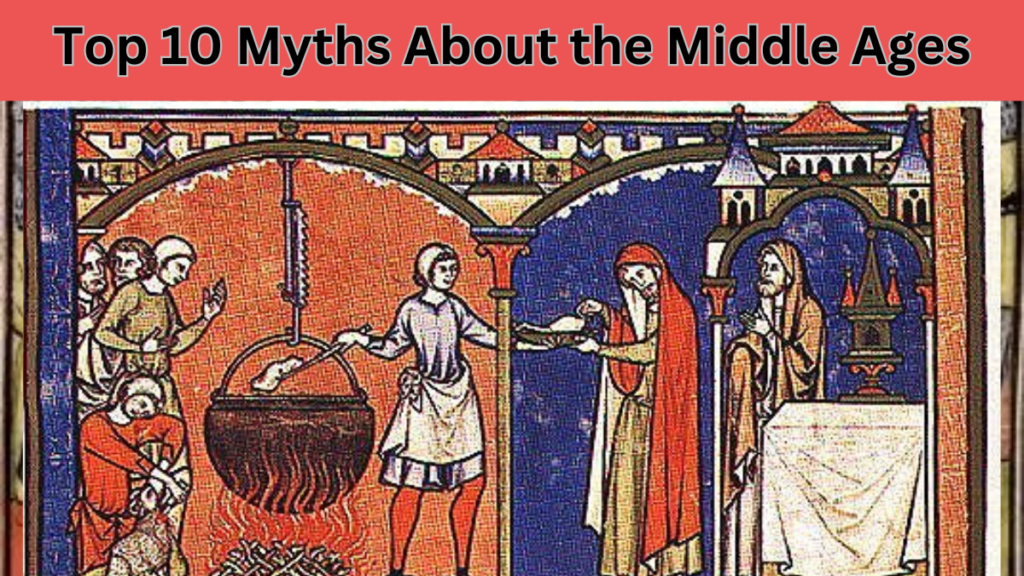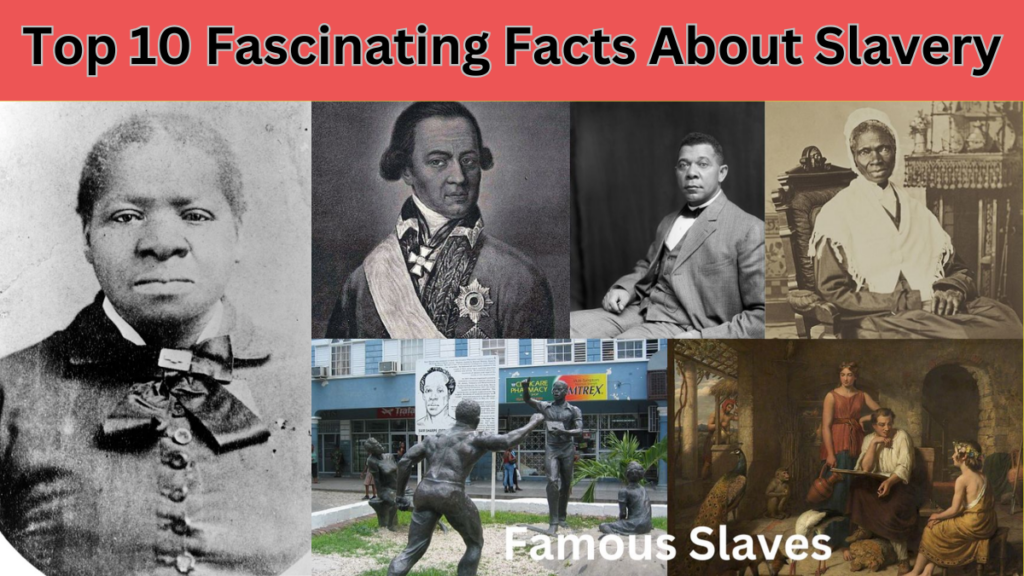Top 10 Odd Superstitions About Food

Food has long been intertwined with superstition, and many odd beliefs have emerged over time. Here are the top 10 food-related superstitions that might surprise you. “Explore the top 10 odd superstitions about food, from the significance of throwing rice at weddings to the belief that not crushing eggshells invites misfortune. Discover the quirky traditions that add flavor to our culinary practices!
1. Wedding Rice
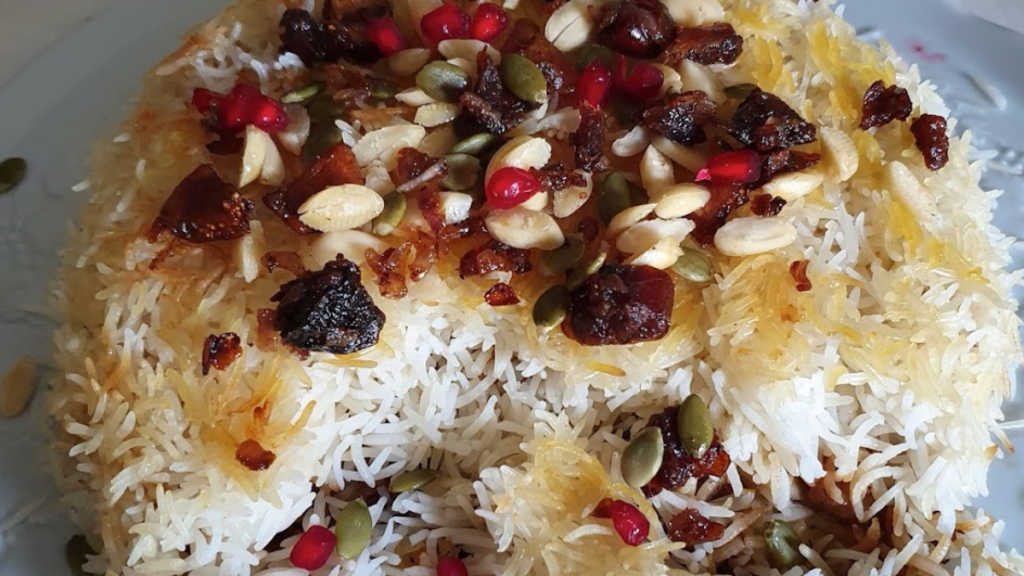
Throwing rice at weddings is a tradition believed to bring prosperity, wealth, and happiness to the newlyweds. This age-old superstition is still practiced today, even though many might not realize its significance.
2. The Wishbone

In Western traditions, breaking the wishbone is a cherished superstition. Two people pull the bone apart, and the one with the larger piece is said to receive good luck and the opportunity to make a wish.
3. Garlic
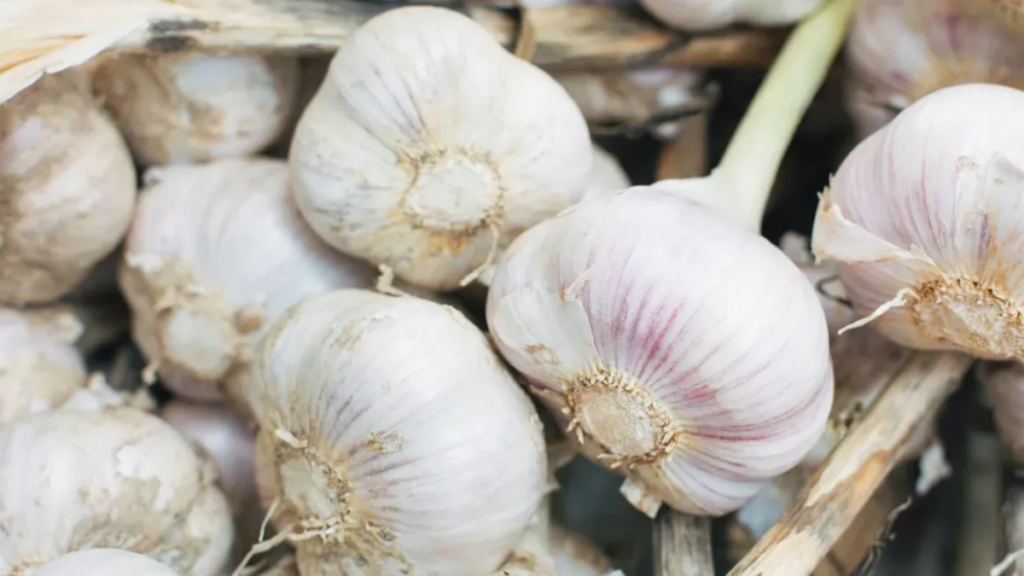
In Greece, garlic is believed to protect against the Evil Eye—a curse thought to bring bad luck. Carrying garlic is said to shield you from this misfortune, making it a staple in superstitious practices.
4. Eggy Luck

Farmers in Europe would take fresh eggs into the fields for good luck in their crops. Eggs were also used in fortune-telling, with signs like two yolks predicting marriage and a black spot indicating bad omens.
5. Christmas Cake
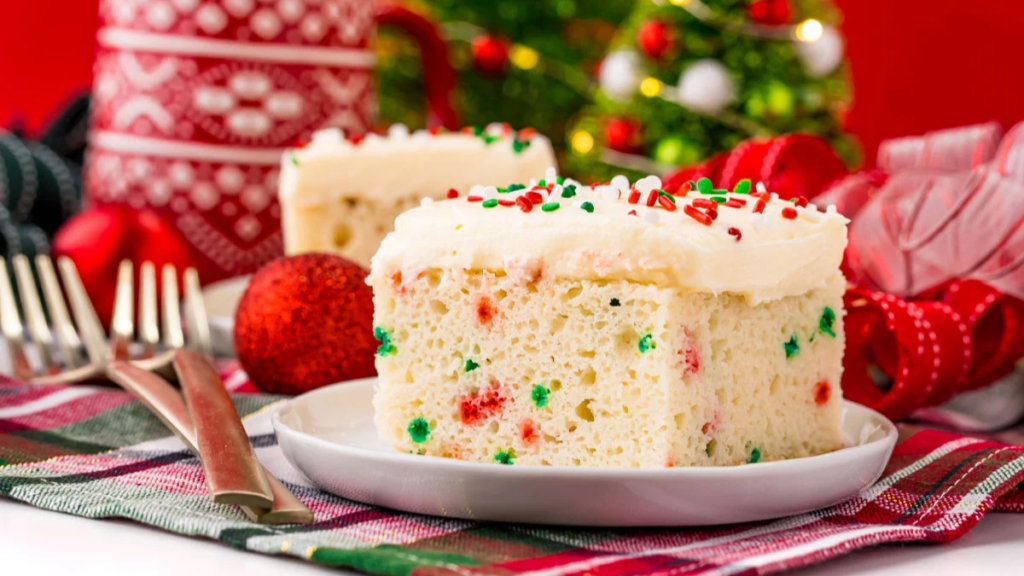
In many cultures, all family members must take a turn stirring the Christmas cake mixture. Failing to do so could bring bad luck, particularly for young unmarried women who might remain single for another year.
6. Tea Rituals
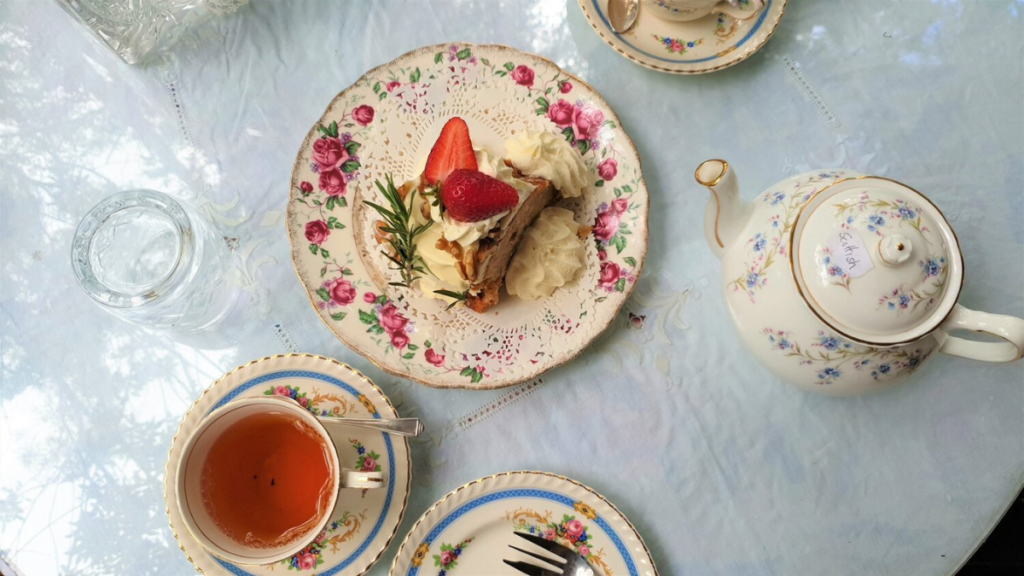
Sharing a teapot can be considered bad luck. Leaving the lid off while brewing was thought to signal an imminent visit from a stranger, prompting rituals to determine their arrival details.
7. Salt
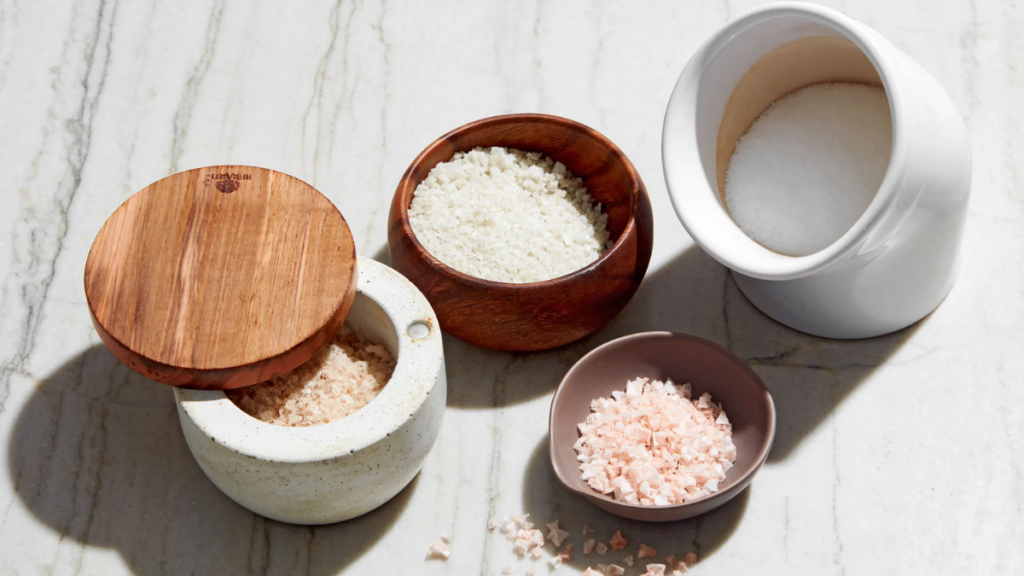
Spilling salt is widely known as bad luck, but helping someone reach for the salt was also considered ill-fated. The saying “help to salt, help to sorry” reflects this quirky belief.
8. Crossed Bread
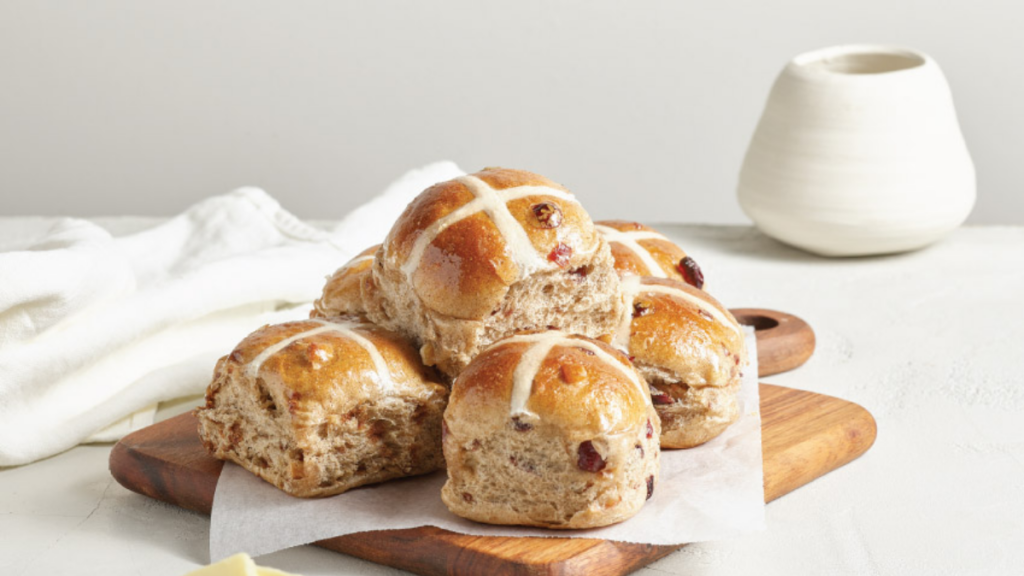
An old superstition dictated that bread must be marked with a cross before baking. This practice was believed to protect the loaf from evil influences, ensuring a better rise in the oven.
9. Eggshells
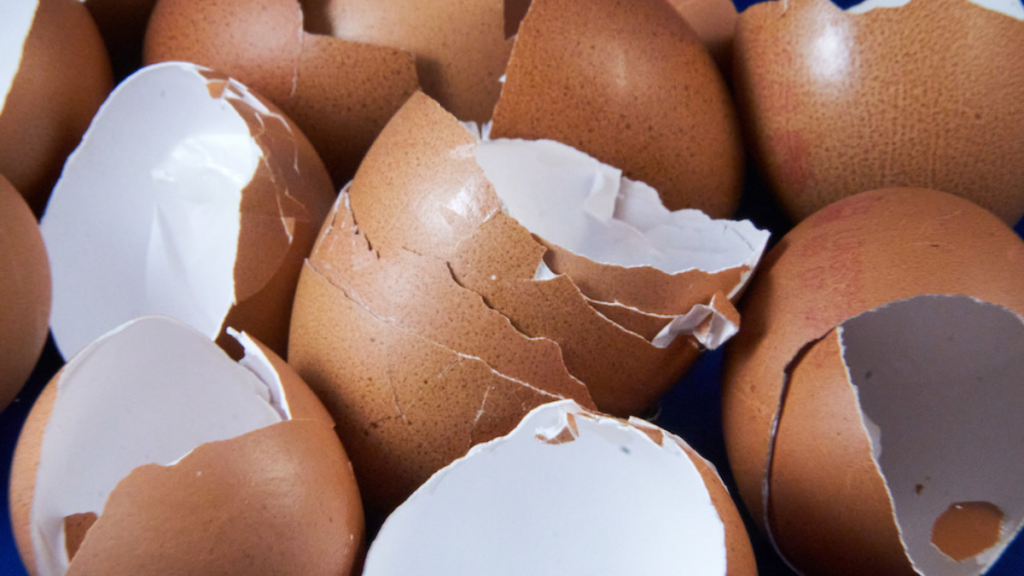
Failing to crush eggshells after eating was thought to allow witches to use them to build boats for raising storms. Shattering the ends of the shells was believed to make them useless for such purposes.
10. Hollow Bread
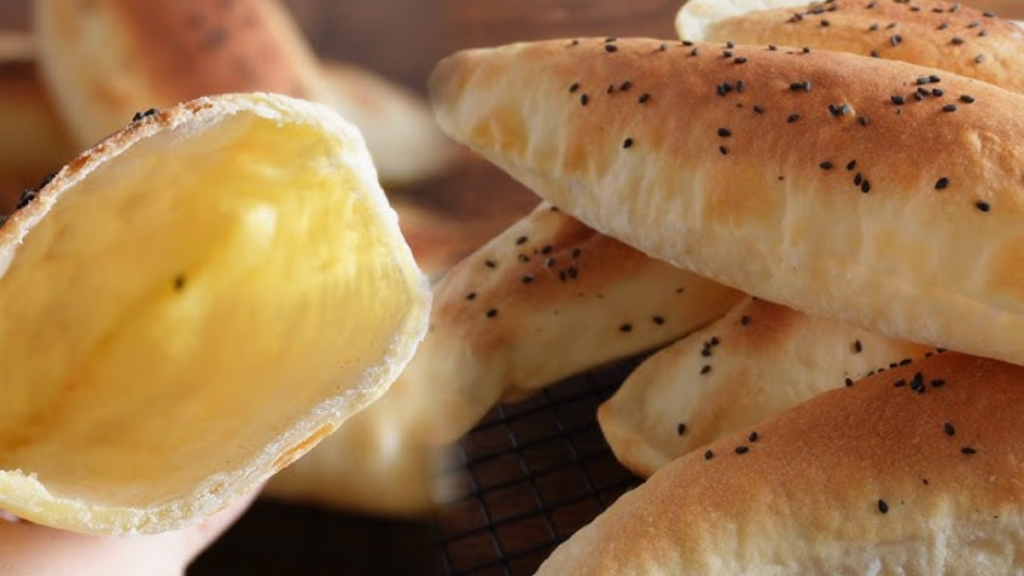
Finding a hole in a loaf of bread was seen as a bad omen, symbolizing death. This superstition led to discussions about who might soon pass away, although it’s less common today.
